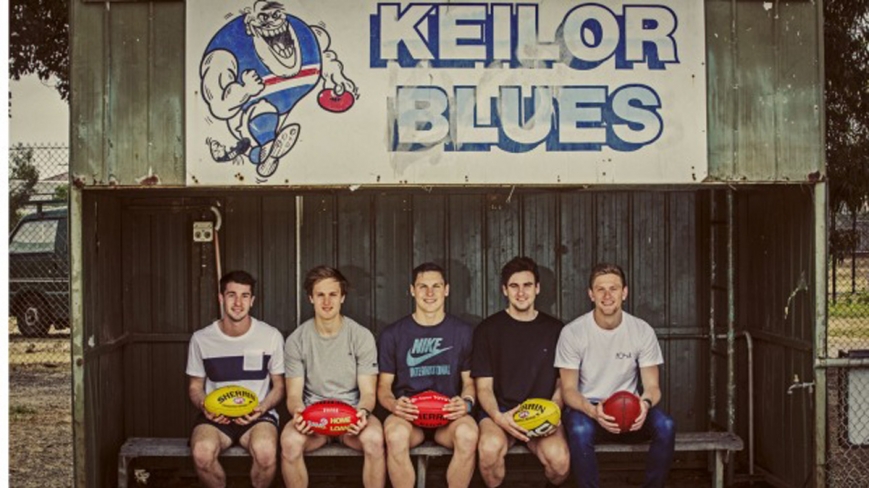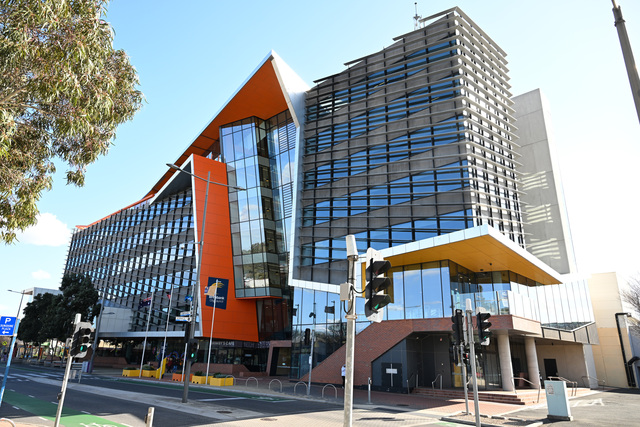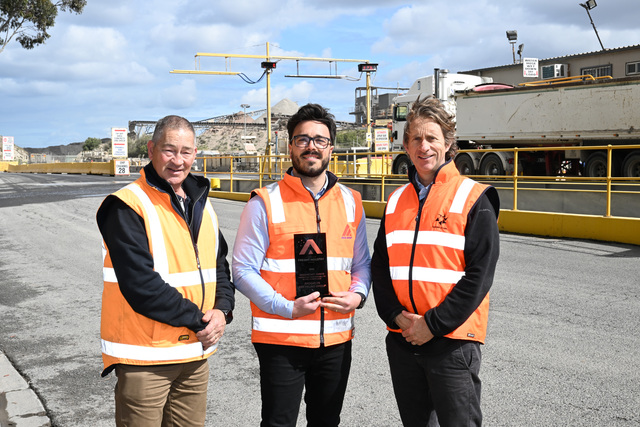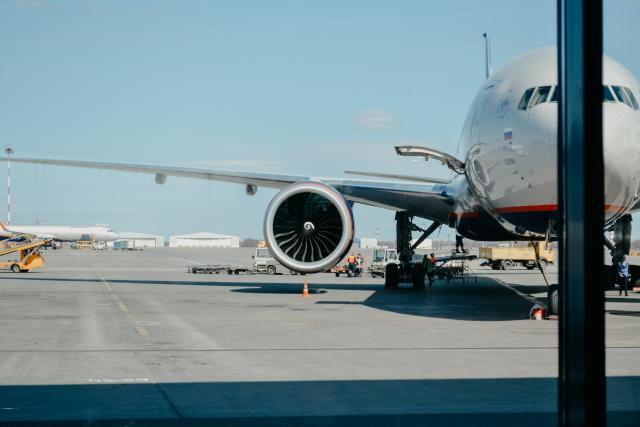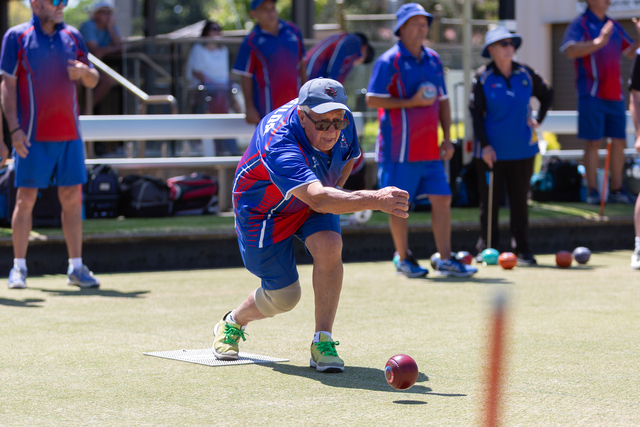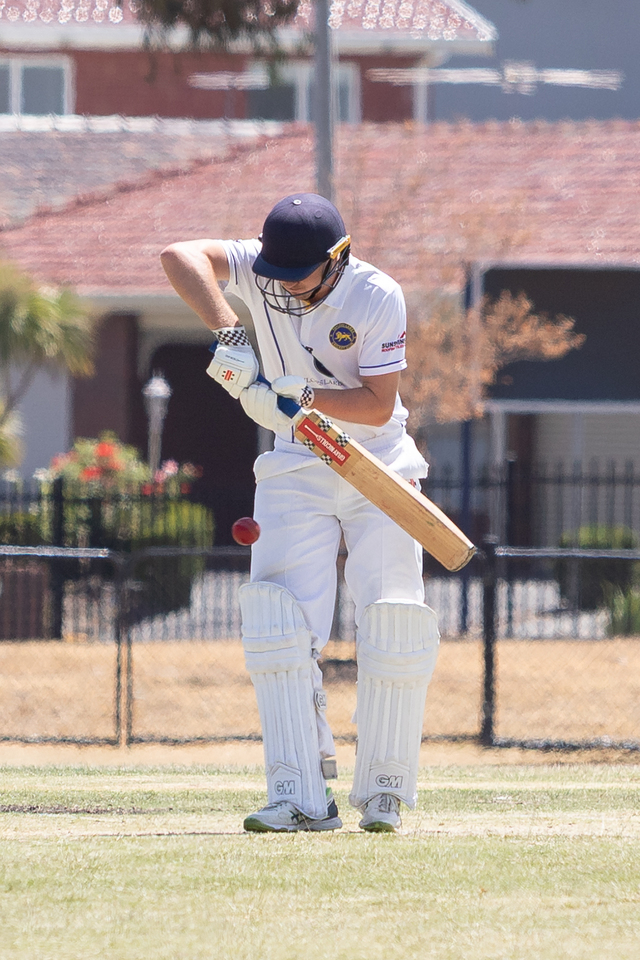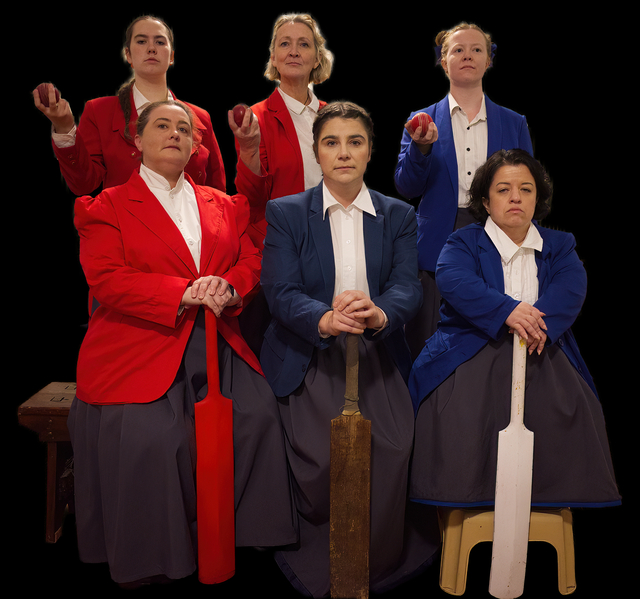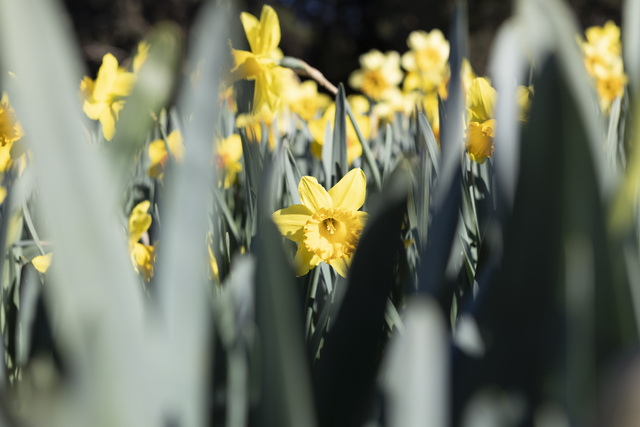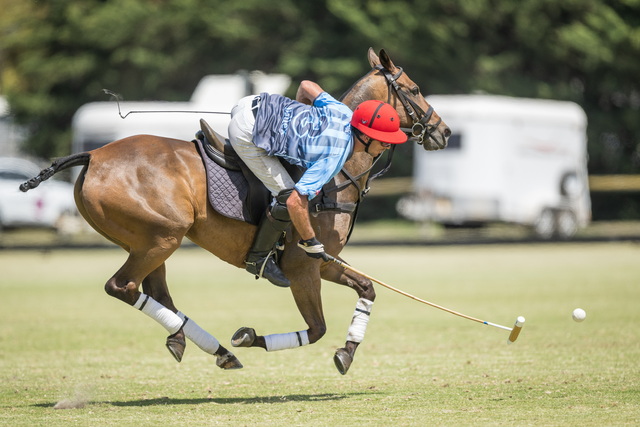Damien Cavka met Jayden Laverde when they were six, and would turn up to games already wearing their shorts, boots and jumpers. Of course, they became best friends: they both loved to play football, and that was all it took. Then, Cavka played centre half-forward and Laverde was smart, fast and exciting, much like he is now. Corey Ellis joined their Keilor team two years later and was voted best player in four grand finals – all up, he played in eight straight flags.
He recruited Paul Ahern to the under-16 team because he had been left on the bench at his old club, wasn’t sure how good he was, and was thinking about playing more basketball. It didn’t take long to change his mind. Nick O’Kearney was old enough to play in the same side every second year, and is still waiting to catch up.
He isn’t one of the four Keilor boys in this month’s draft, but is already looking forward to when it will be his turn, this time next year. “I’d love to be in the unknown already and waiting like these boys to see which club picks you up,” he said.
It’s not often that four boys from the same junior club have their names called in the same draft, but by the time they made it to Keilor’s under-16 side, their coach, Rob Stafrace, knew he didn’t need to spend too much time telling them what to do.
They all had talent, they all liked to listen, “and they were all willing to work really hard. I said to someone the other day, we thought we could coach, but I reckon they made us look good.”
Cavka was a midfielder by then, one who ran so hard he would burn off two, three or more opponents, then jog home, feeling as though he hadn’t quite done enough. He was a forward when he was younger because he was bigger than most of the other boys, able to bowl almost anyone over, but when he started high school he became tired of being given a hard time about how big he was, even in a joking way.
The 13-year-old saw a nutritionist, started running, swam most mornings and became obsessive about what he ate, to the point he would weigh all his food, take his own meals places with him and sometimes avoid socialising if he knew his friends were going to be eating somewhere that didn’t have enough healthy options.
It is only this year that he has started to relax a little more, to realise there is such a thing as too much training and that he needs to be able to cope in situations where not every single thing is under his absolutecontrol.
“I’m still fussy. When I want to do something I try and put everything I have into it and be as elite as I can, but I’ve learnt this year to think more about football and to put more of my thoughts into my game sense, and being more alert and trying to run in smarter ways,” said Cavka, who believes his slightly less fanatical approach helped him cope better than he might have when he strained his groin in the last few seconds of training four days before the Calder Cannons’ grand final, and realised the next morning that he would be too sore to play.
“It was hard but, to be honest, 12 months ago my head would have been down and everyone would have known how upset I was. This time, I didn’t want anyone to feel sorry for me, so I tried to be upbeat and whenever one of the boys came up to talk to me about it I’d just smile and say, ‘don’t worry about it’.
“I hated missing the game and not being able to go out there and help, but there was nothing I could do and I didn’t see the point in making other people feel sorry for me over it. When I went home and spoke to my dad about it, we reflected on the year and realised I’d done all that I could think of, and that the only thing left now is to wait and see if one of the clubs wants to call my name out.”
Ellis felt the same way when his season ended early because of a fractured foot. He already had some perspective: his two older brothers made it to the Western Jets before he did, but Brent had injury problems, Mitch was in and out of the team and neither of the twins were drafted.
Told he had probably played his last junior game, Ellis took heart from the things he had done, not what he no longer had the chance to do. He had played well for the Jets, he had played well for Vic Metro, he had started the season not wanting to fluctuate in form – no really bad games, even if that meant no really dominant ones – and felt like he had achieved that goal.
“I wanted to be the same every week and I know I gave it my all, so I was kind of happy even though it was my first serious injury,” said the smart, skilful midfielder.
“It was very new to me and very annoying, but you have to trust everyone who tells you what to do and get used to not showing your frustration. I felt like I needed to be out there and that was hard, but it made me want to do everything right, and all the things I was told, to get back.”
So did Laverde, whose year ended more suddenly, when he suffered a badly corked quad in the Jets final-round game and found out the next week that there were a number of small strains in the muscle.
Like Ellis, he was comfortable with what he had done, and understood there was nothing he could do; unlike him, he had been through injuries as a kid.
But then the next week’s game started, “and it was a final, and even though I knew there was no way I could have played, it was really frustrating to sit there and watch. I’d been through it in my head and told myself I’d played some all right football and that the only thing left was to sit there and cheer the boys on. But you think that, then the game’s on and you suddenly realise how much you love playing and hate missing out.”
Ahern made it to the end and was part of the Calder side that lost to Oakleigh on grand final day, doing his best to keep his side in a game that slipped quickly away, despite a heavy knock he suspects might have ended his day a year or two ago – “but this time made me want to get back out there and try and lead the team”.
The onballer grew up in Oak Park and has an indigenous background, with a lot of family around Gippsland and a grandmother whose stories he loves listening to. Ahern found out a while ago that he was related to Lindsay Thomas, but was too shy to fill the North Melbourne forward in when he met him. “I went all quiet, but if I met him again I’d definitely tell him,” he said.
“I love finding out about my culture, learning all the things my nan tells me. Our tribe is really big, and I like that feeling of knowing where you come from.”
Ahern’s confidence has grown enormously in his two years at Calder – he is a smart, instinctive, attacking player – but it first started to bubble when Ellis invited him to Keilor, told everyone how good he was and helped him start to see it himself. He is nervous about the draft, but as anxious for his friends as himself, wondering where they will all end up.
He isn’t the only one, and this time next year all four boys will be looking out for O’Kearney, who has made a good start: he played senior football for Keilor two months after turning 15, won the Cannons’ best and fairest award this year, played a couple of games for Vic Metro and has been picked in the AFL’s national academy.
“I’m proud of all the boys and I can’t wait to see where everyone goes,” said Cavka.
“I reckon there will be tears if I don’t get picked and tears if I do, tears of joy. And it’s not just me. It’s pretty good that four of us are in there with a chance from one little club. It’s weird to think about because it doesn’t feel like that long ago that we were all running around together, but I’m nervous and excited for everyone, and hopefully we all get our chance.”

